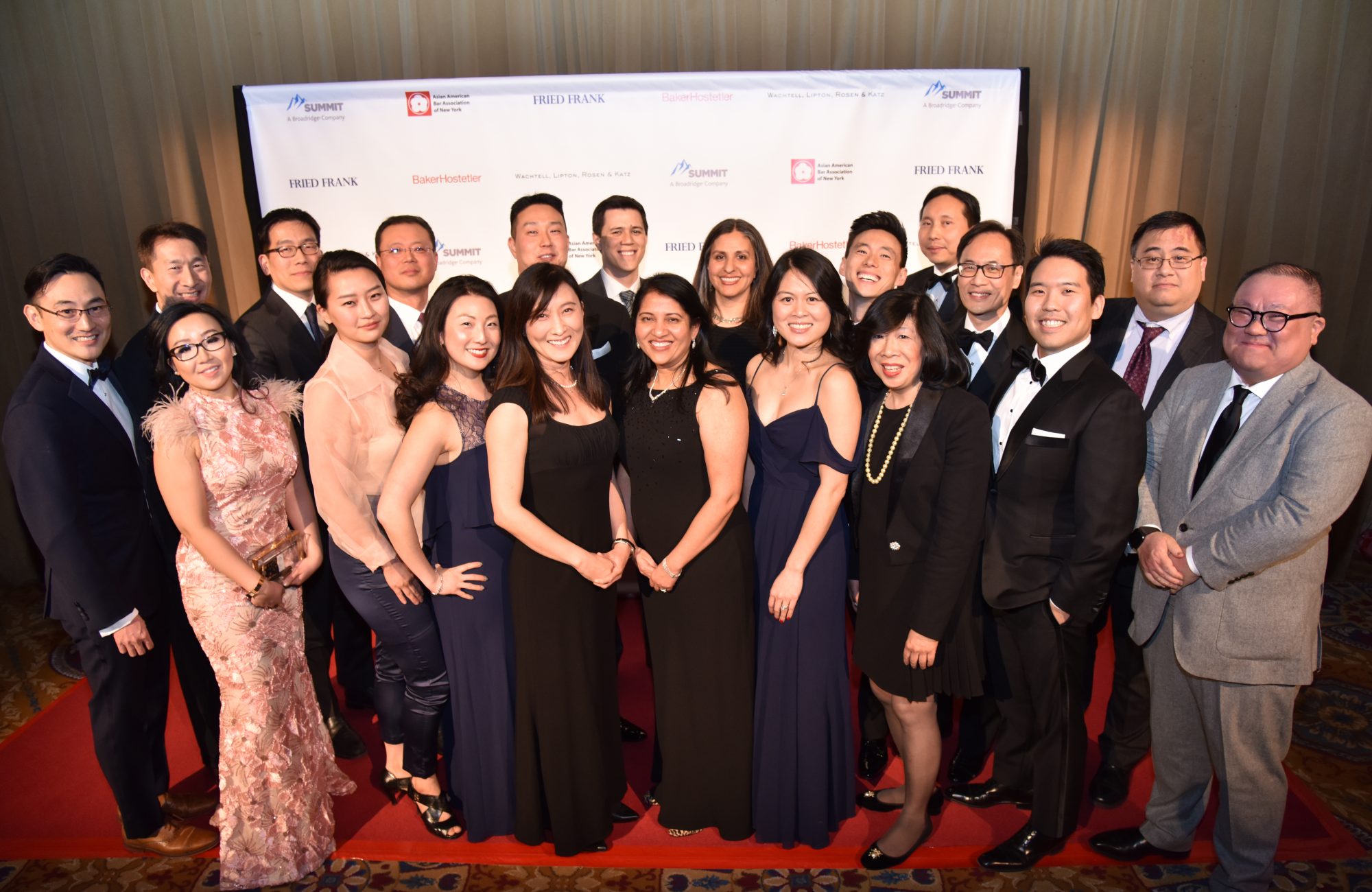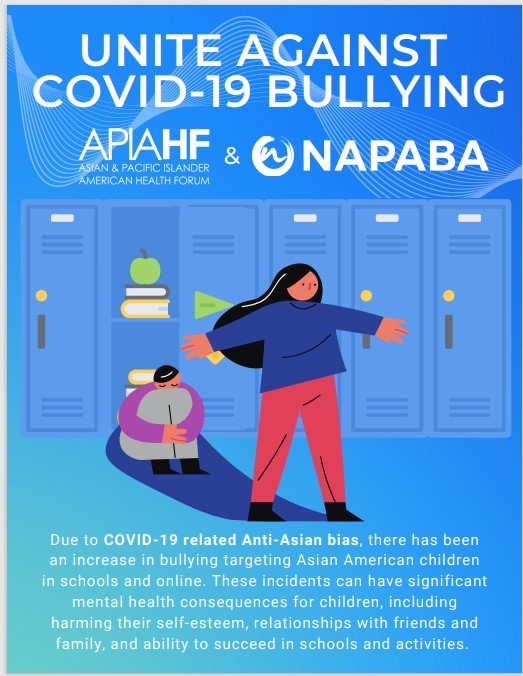WASHINGTON – October 4, 2022. The National Asian Pacific American Bar Association (NAPABA) is proud to announce that the 2022 NAPABA President’s Award will be presented to two groundbreaking organizations that have made a true impact toward the betterment of Asian Americans, Native Hawaiians, and Pacific Islanders (AA & NH/PIs) during a period of great upheaval for these communities. This year’s recipients are: The Asian American Foundation (TAAF) and the Asian & Pacific Islander American Health Forum (APIAHF).
The NAPABA President’s Award is given annually to individuals or entities who demonstrate an exceptional commitment to the Asian Pacific American community.
“NAPABA is proud of our partnerships with these two remarkable organizations,” said Acting NAPABA President A.B. Cruz III. “The twin pandemics of COVID-19 and the resulting wave of anti-Asian hate have created unprecedented challenges for AA & NH/PIs. Both TAAF and APIAHF have responded by creating the desperately needed infrastructure to empower communities to meet these challenges head-on.”
TAAF was established to close the vast AA & NH/PI philanthropic and influence gap in the United States—despite being the fastest growing population in the country, only 0.20% of foundation grantmaking and less than 1% of corporate giving is directly targeted toward AA & NH/PI communities. Founded at the height of the pandemic and anti-Asian hate wave, TAAF has made the largest philanthropic commitment in history focused specifically on AA & NH/PI communities, with particular emphasis on combating anti-Asian hate, education, and narrative change, all areas of priority for NAPABA. Since its launch, TAAF has committed millions in order to develop a strategic response to anti-Asian hate, producing critical resources such as its Rapid Response Toolkit, and building infrastructure through AAPI Action Centers across the country. NAPABA serves as one of TAAF’s National Network partners in the ongoing effort to combat anti-Asian hate.
APIAHF is the oldest and largest health policy advocacy organization working with AA & NH/PI communities across the nation, in the US Territories, and with the US-affiliated Pacific jurisdictions. In partnership with the Center for Disease Control and Prevention and over 30 national and community AA & NH/PI organizations—including NAPABA—APIAHF launched the National AA & NH/PI Health Response Partnership, a community-centered model that provides on-the-ground public health resources and assistance across the nation. The largest outreach and educational campaign ever conducted for the AA & NH/PI community, APIAHF and its partners provided linguistically tailored and culturally sensitive outreach and educational materials to increase COVID-19 vaccinations. In addressing the “dual pandemic,” NAPABA and APIAHF partnered together to develop a ground-breaking collection of Combat Hate Crimes Toolkits translated into 25 different Asian and NH/PI languages—the largest compilation of its kind. The two organizations also co-developed fact cards for those who may be unsure of their rights to a COVID-19 vaccination. Translated into 26 different Asian and NH/PI languages, this resource educates community members on the benefits of getting vaccinated and encourages them to receive their free COVID-19 vaccinations regardless of immigration status, health insurance coverage, and/or Social Security identification.
NAPABA congratulates TAAF and the APIAHF as this year’s honorees and will bestow the prestigious award on Friday, November 5 at the Cosmopolitan Las Vegas during the 2022 NAPABA Convention.


